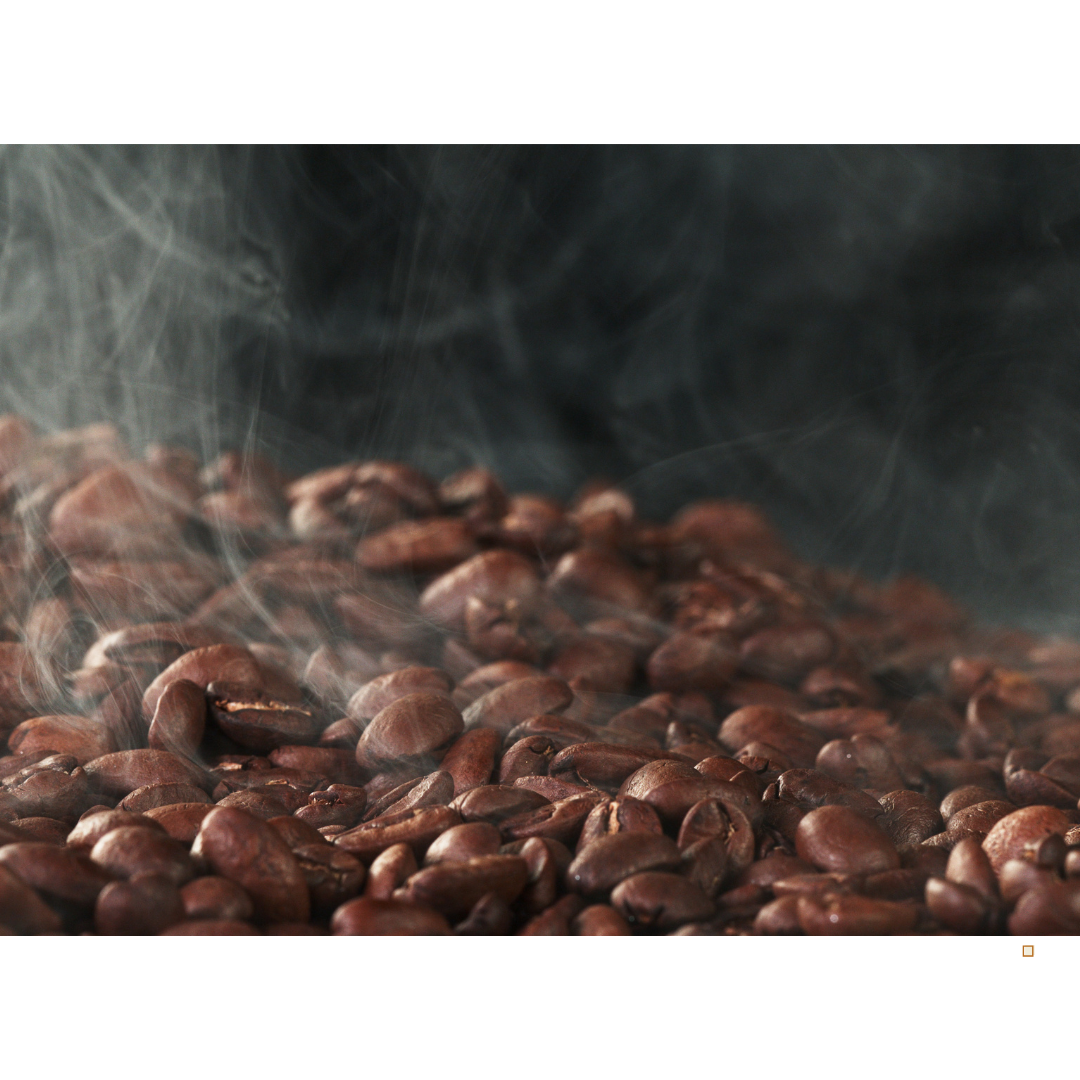
The Science Behind Small Batch Coffee Roasting
For coffee lovers and connoisseurs alike, small batch coffee roasting offers a level of precision, quality, and artistry that elevates each cup. Unlike mass production, small batch roasting focuses on managing every detail of the roasting process, from temperature control to roasting time, resulting in coffee that captures the unique flavors of the beans. Here’s a look into the science and technique behind artisan coffee roasting, explaining why it delivers a richer, more authentic coffee experience.
The Maillard Reaction: Developing Coffee’s Flavor and Aroma
One of the key scientific processes in coffee roasting is the Maillard reaction, a chemical reaction that occurs when amino acids and sugars in the beans interact under heat. This reaction is responsible for the browning of the beans and the development of complex flavor compounds. As the beans are exposed to heat, they transform from raw green beans into aromatic, brown coffee beans, releasing compounds that contribute to flavors like caramel, chocolate, nut, and fruit.
In small batch roasting, the Maillard reaction can be closely controlled to bring out specific flavor notes based on the type of bean and its origin. Roasters monitor the color change and smell as the beans progress through this reaction, adjusting time and temperature to enhance desirable flavors. The careful management of this reaction in smaller batches allows roasters to highlight the bean’s natural qualities, which might be lost in large-scale roasting processes where control over individual batches is limited.
First Crack and Second Crack: Stages of Roasting
During roasting, coffee beans undergo two distinct stages called “first crack” and “second crack.” First crack is a point where the beans begin to expand and crack open due to the release of moisture, creating a sound similar to popcorn popping. This stage marks the beginning of light roasting, where the beans start to develop a balanced mix of acidity and flavor.
As the roast progresses, the beans approach a second crack, where oils begin to move toward the surface, creating a darker and more intense flavor profile. In small batch roasting, the timing and control of these stages are crucial. By choosing when to stop the roast between the first and second crack, or even beyond, roasters can produce a range of flavors and roast levels to suit different preferences. Small batch roasting offers the flexibility to experiment and perfect the timing of these stages, resulting in a customized flavor that aligns with the unique qualities of each bean.
Controlling Roast Profiles with Precision
Every coffee bean has a unique roast profile that brings out its best characteristics. A roast profile is a detailed plan of how a batch of beans should be roasted, specifying variables like temperature, time, and airflow to achieve the desired outcome. Small batch roasting allows roasters to create specific profiles that suit each coffee’s origin, bean density, and moisture content.
Using precise temperature control and monitoring the beans at every stage, roasters can adjust the profile on the spot to enhance certain flavors. For example, a light roast might be ideal for Ethiopian beans to highlight fruity and floral notes, while a medium roast might bring out chocolate and nutty flavors in beans from Central America. The ability to fine-tune these profiles is a key reason why small batch roasting can achieve flavors that larger roasting operations may not replicate, as the individualized approach offers much greater flexibility and creativity.
Airflow and Cooling: Key Factors for Consistency
Airflow and cooling are two more critical elements in small batch roasting. Proper airflow during roasting helps to regulate the temperature within the roaster and ensure even heat distribution across all beans. This evenness is essential for achieving consistency within each batch, as it prevents uneven roasting and potential burning of the beans. Small batch roasters can adjust airflow to match the needs of different beans, allowing for better control over the roasting environment and ultimately a more balanced flavor.
After roasting, rapid cooling is necessary to stop the cooking process and lock in the desired flavors. If the beans aren’t cooled quickly enough, they can continue roasting internally, which might alter the flavor profile. Small batch roasters typically use cooling trays or other methods to bring down the temperature of the beans immediately after roasting. This cooling step preserves the integrity of the flavors achieved during roasting, resulting in a more vibrant and consistent cup of coffee.
How Small Batch Roasting Enhances Quality and Freshness
One major benefit of small batch coffee roasting is the commitment to quality and freshness. Smaller roasting batches allow roasters to pay close attention to each batch, ensuring that every bag of coffee meets high standards. By roasting in smaller quantities, coffee can be delivered to consumers at peak freshness, often within days of roasting. This freshness ensures that the natural flavors and aromas are preserved, providing a richer coffee experience that emphasizes quality over quantity.
For coffee enthusiasts who appreciate flavor clarity and authenticity, small batch roasting is an excellent choice. The process minimizes the risk of over-roasting or inconsistencies that can occur in larger production, allowing each cup to reflect the careful attention given to every step of the roasting process. This focus on quality control makes small batch coffee a superior option for those seeking the best from each bean.
The Personal Touch of Craftsmanship
Beyond quality and freshness, small batch coffee roasting adds a personal, intentional touch to every batch. Small batch roasters are often deeply rooted in their craft, forming close partnerships with coffee growers to source premium beans that reflect a shared commitment to sustainability and ethical sourcing. This strong connection between roaster and producer elevates the coffee experience, with each batch showcasing the passion and values of everyone involved.
The hands-on nature of small batch roasting also encourages creativity, allowing roasters to explore distinctive flavor profiles that cater to a variety of tastes. At Frontier Coffee Roasters, we take pride in this artisanal process—carefully roasting each batch to highlight the unique character of every origin. Our mission is to deliver an exceptional experience in every cup. To learn more about our approach and what sets it apart, visit our small batch coffee hub.

